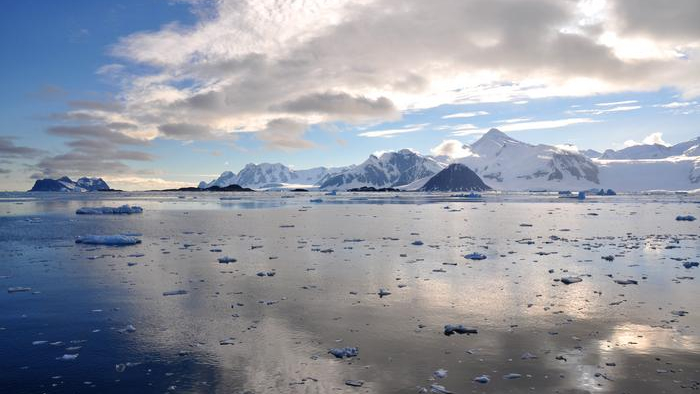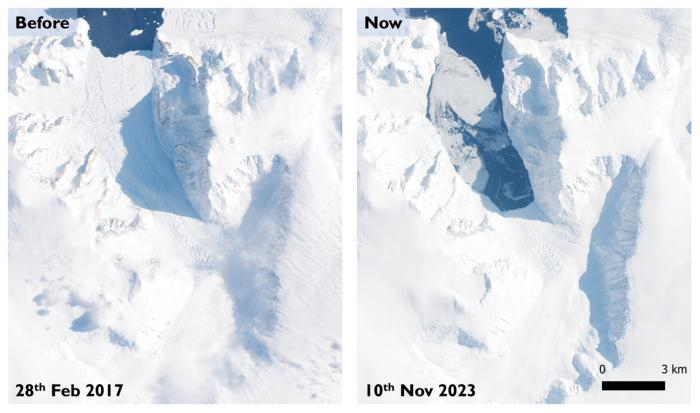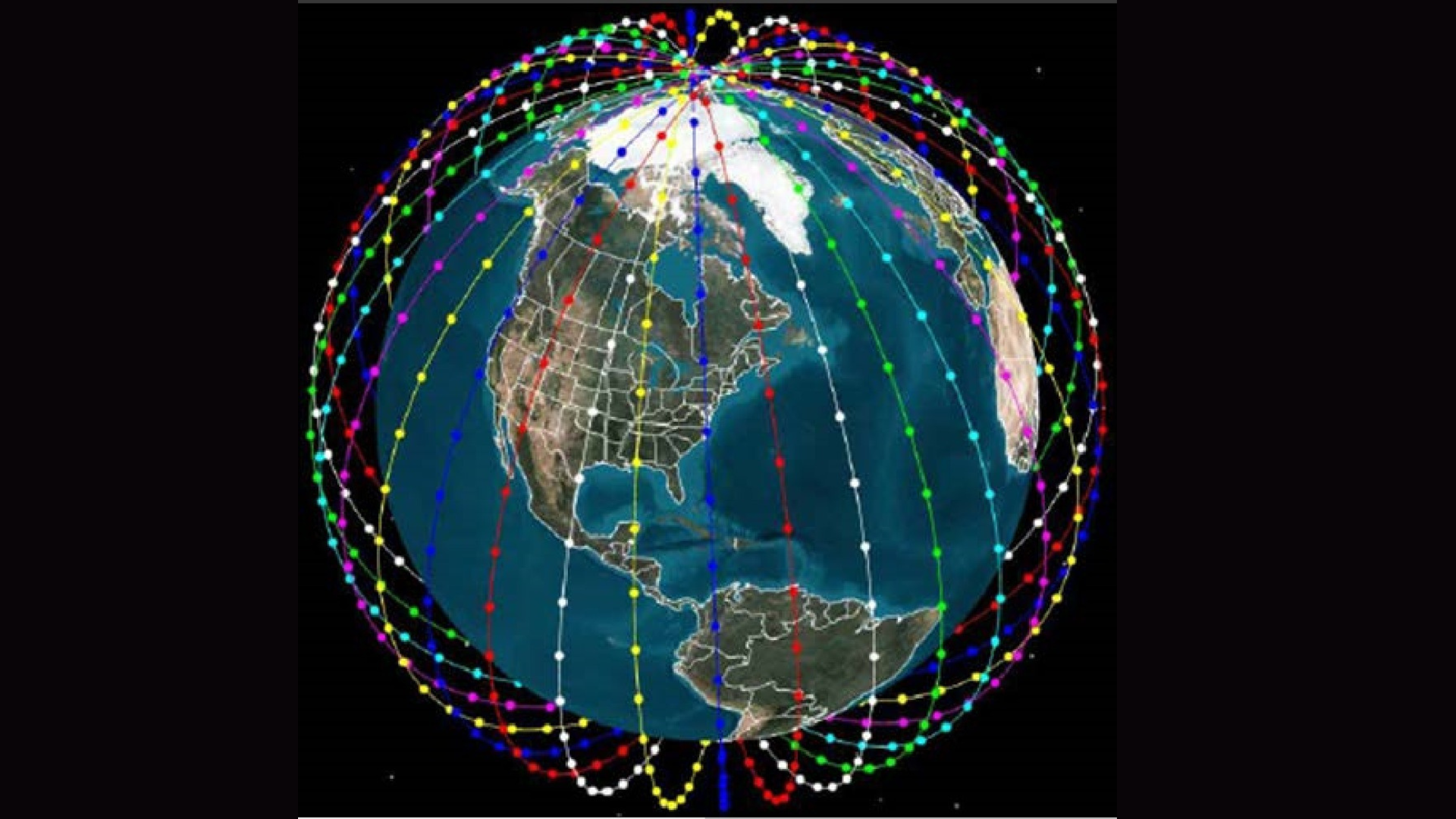This Antarctic glacier dramatically retreated. Then, its ice shelf totally collapsed (satellite image)
In 2.5 years, Cadman Glacier retreated 5 miles before its ice shelf collapsed.

Breaking space news, the latest updates on rocket launches, skywatching events and more!
You are now subscribed
Your newsletter sign-up was successful
Want to add more newsletters?

Delivered daily
Daily Newsletter
Breaking space news, the latest updates on rocket launches, skywatching events and more!

Once a month
Watch This Space
Sign up to our monthly entertainment newsletter to keep up with all our coverage of the latest sci-fi and space movies, tv shows, games and books.

Once a week
Night Sky This Week
Discover this week's must-see night sky events, moon phases, and stunning astrophotos. Sign up for our skywatching newsletter and explore the universe with us!

Twice a month
Strange New Words
Space.com's Sci-Fi Reader's Club. Read a sci-fi short story every month and join a virtual community of fellow science fiction fans!
Another day, another retreating glacier. Today's casualty is Antarctica's Cadman Glacier, located on the western coast of the Antarctic Peninsula.
Using satellite images and in-situ oceanographic measurements to track Cadman Glacier for more than three decades, a team of scientists has reported a dramatic glacial retreat of 5 miles (8 kilometers). The change was quick, occurring over just 2.5 years between November 2018 and May 2021. Following that retreat, the tidewater glacier's ice shelf — the part of the glacier that floats on the surface of the ocean, but still remains anchored to land — completely collapsed.
"We were surprised to see the speed at which Cadman went from being an apparently stable glacier to one where we see sudden deterioration and significant ice loss," team lead Benjamin Wallis, a glaciologist at the University of Leeds, said in a statement.
Related: Doomsday Glacier melting in Antarctica means terrible news for global sea level rise
Though Cadman Glacier has been thinning since the early 2000s — or possibly even as far back as the 1970s — the team suggests that warmer-than-normal ocean temperatures in 2018 and 2019 (exacerbated, in part, by human-driven global warming) likely accelerated the process, weakening the ice shelf to the point of collapse. Because ice shelves typically buttress the land-based part of a glacier, it's now expected that Cadman Glacier will lose water more rapidly. Currently, it drains some 2.38 billion tons (2.16 billion tonnes) of ice into the ocean annually, and that rate of flow will likely increase. Such glacial draining directly contributes to sea level rise, which threatens coastal regions across the globe.
And that's only part of the story.
"What was also curious was that the neighboring glaciers on this part of the west Antarctic Peninsula did not react in the same way, which may hold important lessons for the way we can better project how climate change will continue to affect this important and sensitive polar region," said Wallis.
Breaking space news, the latest updates on rocket launches, skywatching events and more!
The team hypothesizes that underwater ridges are acting as defensive barriers for nearby glaciers, protecting them from the warming sea — for now, anyway. But with ocean temperatures continuing to rise, subsea geology might not be able to protect the glaciers for much longer. As such, the team considers Cadman Glacier to be a "glaciological tipping point" that might indicate the future for its neighbors.
"What this new research shows is that apparently stable glaciers can switch very rapidly, becoming unstable almost without warning, and then thinning and retreating very strongly," said Professor Michael Meredith, from the British Antarctic Survey and a co-author of the study. "This emphasizes the need for a comprehensive ocean observing network around Antarctica, especially in regions close to glaciers that are especially hard to make measurements.”

Space.com contributing writer Stefanie Waldek is a self-taught space nerd and aviation geek who is passionate about all things spaceflight and astronomy. With a background in travel and design journalism, as well as a Bachelor of Arts degree from New York University, she specializes in the budding space tourism industry and Earth-based astrotourism. In her free time, you can find her watching rocket launches or looking up at the stars, wondering what is out there. Learn more about her work at www.stefaniewaldek.com.

